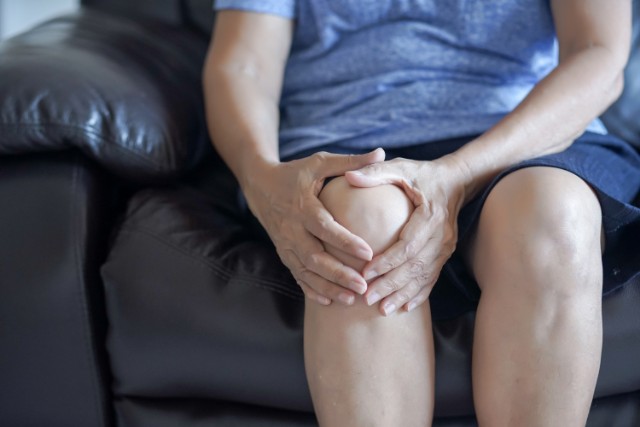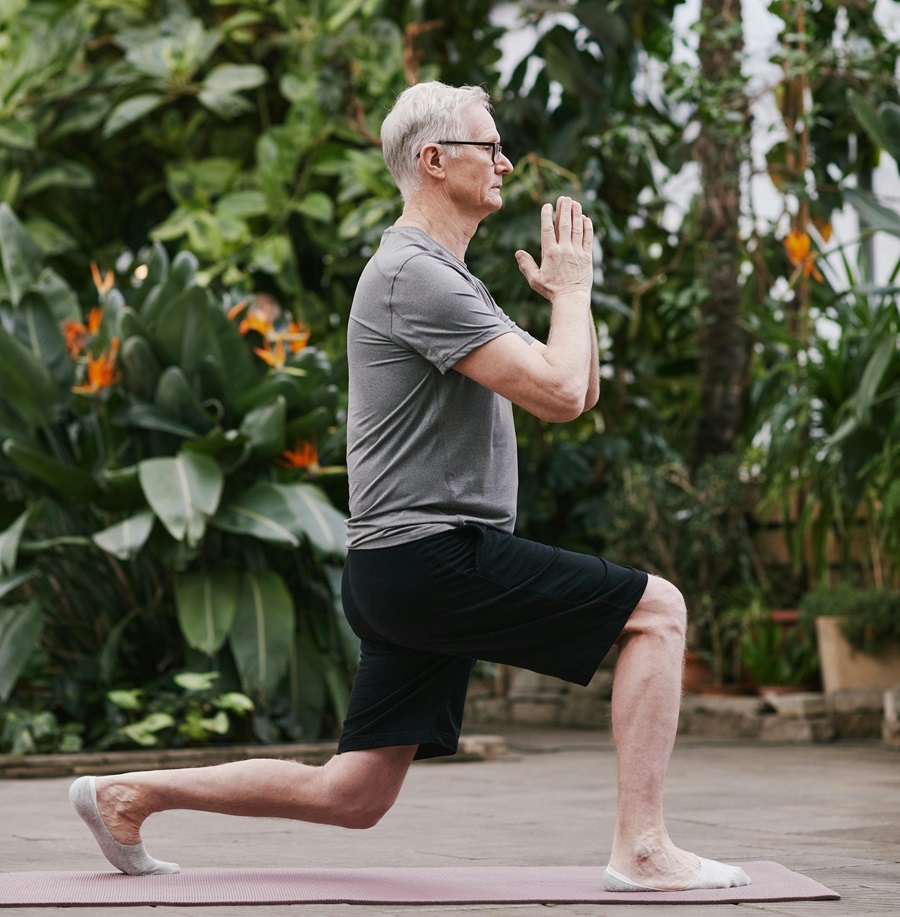How to manage arthritis – Understanding Arthritis Part 2
Arthritis is a condition that often worsens with age. Therefore, it is important for elderly with arthritis to learn how to manage their disease and its symptoms. But how can they do this?
Arthritis Australia has released a “10 Steps for Living Well with Arthritis” information sheet. This document addresses the impact of arthritis in seniors and some helpful advice to manage the condition for those living in their homes. In this post, we summarise the main points and give additional advice for carers and family members of those living with arthritis.
How to manage arthritis

1. Know your disease
Spending the time to understand what type of arthritis you have allows you to discover best ways to improve your condition. When you know what causes the disease and how it works in the body, it makes those living with arthritis feel more in control of the condition.
To provide better support, carers and family members can also get involved in learning about the disease. Together, you can conduct research and read information sheets to learn about the type of arthritis the senior has. This way, you can discuss what the most appropriate solution and pain management skills for the elder can be.
2. See a doctor regularly
It is easy to overlook symptoms of arthritis as many older adults see it as part of ageing and nothing too serious. But conditions of arthritis can get worse if left untreated. This is why seeking help and obtaining a proper diagnosis from a doctor early on is crucial.
Carers can help their elders by scheduling a doctor’s appointment and organising transport. Make sure the elder receives a regular check-up to monitor the condition.
3. Actively engage with your healthcare team
Your healthcare team may include a variety of specialists such as doctors, pharmacists, physiotherapists, and psychologists. You can make the most of your healthcare team by keeping up a good communication and staying curious of what your care plan includes.
Feel comfortable to organise a phone call or a visit to ask questions and discuss your needs. Be prepared when visiting the health professional to make the most out of it.
You can do this by:
- Writing down questions to ask
- Having necessary documents in hand
- Asking for an explanation for the treatments
- Letting them know that you need time to consult with family
- Taking notes of any important information or instructions
4. Learn about your treatment options
There is a range of treatments that doctors will suggest along the way. Explore many options and find the one that best supports your pain and slows the development of your arthritis.
The types of treatments that you may look into include:
- Physiotherapy: supports joint mobilisation and provides hydrotherapy, electrotherapy, and muscle strengthening exercises
- Occupational therapy: provides advice on all aspects of your daily life including job, health and work
- Complementary therapies: these include ‘alternative’ therapies such as acupuncture, massage, aromatherapy and herbal medicines
- Medicines: pain relievers, creams, gells, and anti-inflammatory drugs are options to consider using
- Weight control: being overweight is a risk factor for especially osteoarthritis, and therefore, weight loss can reduce pain in some joints
- Joint replacement: if none of the medicines and therapies seem to work, a joint replacement surgery may be an option to think about
5. Stay active
It has been found that regular exercise is one of the most effective ways to treat arthritis. Exercising helps older adults with arthritis decrease pain, increase flexibility and strengthen muscles. All of these will help alleviate pressure from their joints.
In addition, regular exercise will improve the senior’s overall health and create a feeling of general wellbeing. Therefore, encourage your seniors to take regular walks and take simple exercise that is not too overbearing.
6. Obtain pain management skills
With arthritis comes constant exposure to pain, which sometimes can be hard to rid by medicines alone. Therefore, you need to learn and educate yourself on pain management.
Some tips on how to manage arthritis pain are:
- Using heat and cold packs
- Distracting from pain (e.g. reading, listening to music)
- Relaxing and calming the nerves (e.g. meditation, mindfulness)
- Discussing pain with physiotherapist to receive feedback on how to manage the pain
7. Seek support
When dealing with arthritis, one may feel overwhelmed, angry, stressed and depressed due to the condition they are under. It is important to acknowledge the apparent challenges and validate the person’s feelings.
In cases of the senior needing mental health support, carers and family members can organise a counselling session with a psychologist and provide emotional support. Seeking advice from an occupational therapist should also be considered as they can simplify daily tasks and help the individual manage their lives.
8. Make healthy food choices
It is necessary that people with arthritis consume omega-3 rich foods. This nutrient is proven to help reduce inflammation in the body, which can prevent joint inflammation from worsening. You can find omega-3 in foods like salmon, linseeds, walnuts and canola oil. Also, maintaining a healthy weight is essential to put off any pressure in the joints. So consciously making healthy food choices is necessary.
Hence, when helping a senior with grocery shopping, consider including omega-3 rich foods into their diet. Also, be mindful about diet plans to assist the older adult’s weight control.
9. Find balance in life
It is important to find and maintain a healthy balance in life. For people with arthritis, they need to have the right ratio of activity work and rest to ensure they do not experience pain from moving excessively.
Therefore, carers can consider allocating time for activity and then plenty of rest following. On days the person with arthritis feels physically limited, be flexible, cancel the plans and focus on resting.
10. Seek information from local arthritis offices
Arthritis Australia recommends that individuals contact the local state/territory arthritis office. These facilities offer up-to-date information and provide support services that are immensely helpful to carers and people with arthritis.
You can contact an Arthritis Office on 1800 011 041.
We acknowledge and understand that arthritis can be painful and affect daily activities. With proper support and individualised care plan, managing the condition becomes easier, improving a senior’s overall quality of life.
Living Waters Aged Care is here to provide the help your senior needs. Please contact us if you would like to receive our help.

